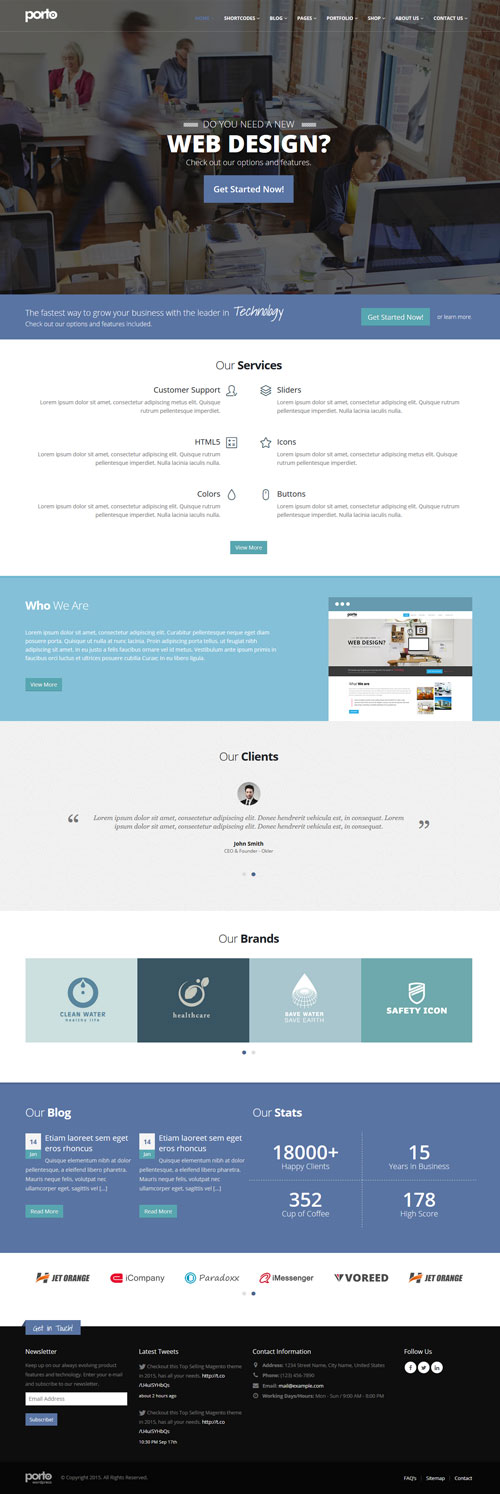US. Pensylvania Governor and Treasurer push to cut Pension investment fees
Pennsylvania’s two large public-sector pension agencies got a message from Gov. Tom Wolf on Monday: cut the fees paid to outside firms handling billions in investments. Wolf and Treasurer Joe Torsella said at a news conference that they hoped that the state government pension fund would find ways to save $46 million annually and the school employees’ fund about $100 million a year. The two Democrats said Pennsylvania is near the top in the ranking of states that pay the highest...




